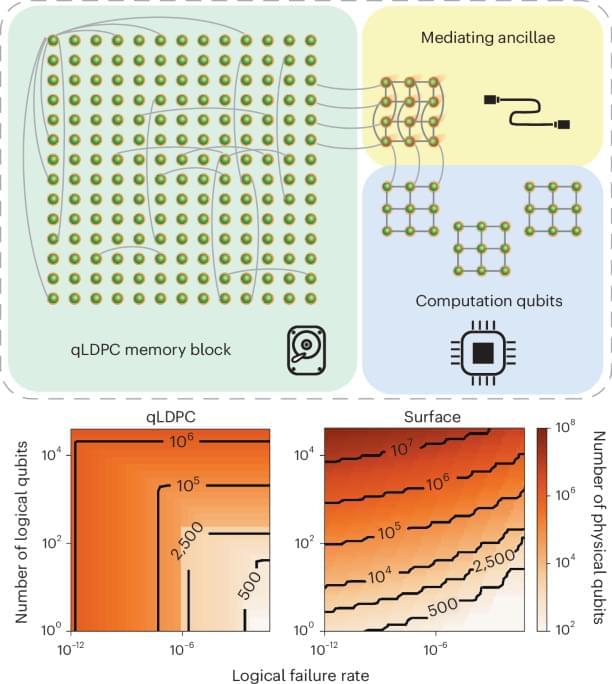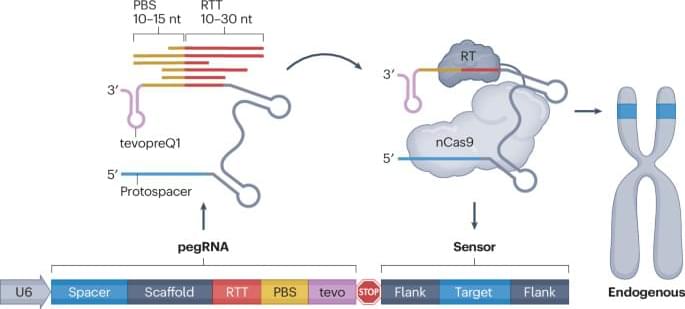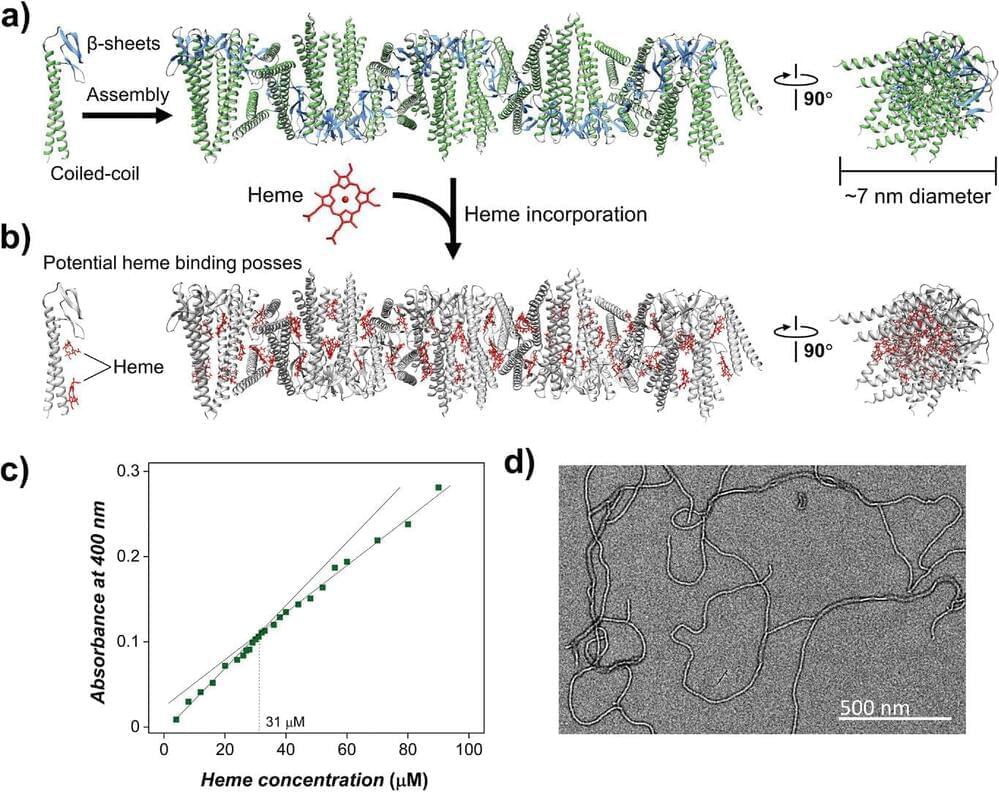Nuclear energy has long been regarded as a next-generation energy source, and major countries around the world are competing to secure cutting-edge technologies by leveraging the high economic efficiency and sustainability of nuclear power. However, uranium, which is essential for nuclear power generation, has serious implications for both soil ecosystems and human health.
Despite being a key radioactive material, uranium poses significant health risks due to its chemical toxicity to the kidneys, bones, and cells. As a result, both the U.S. Environmental Protection Agency and the World Health Organization recommend allowing and advocating for uranium concentrations in wastewater to be below 30 μg/L.
The Korea Institute of Civil Engineering and Building Technology (KICT) has conducted research on a nano-material-based adsorption process to efficiently remove uranium wastewater extracted from actual radioactive-contaminated soil. They have also proposed its applicability to prevent secondary environmental pollutions.







